Phuket’s real estate market continues to offer exceptional opportunities for both home buyers and investors. Whether you’re looking for a luxury villa for sale in Phuket, or one of the man choices of modern Phuket condos for sale, or a holiday rental investment, understanding Phuket property prices is essential.
With significant variation across locations, property types, and market segments, here’s an updated look at the Phuket real estate landscape in 2025 and what you can expect to pay when buying property on the island.
This subject is also covered extensively in our Phuket Property Guide.
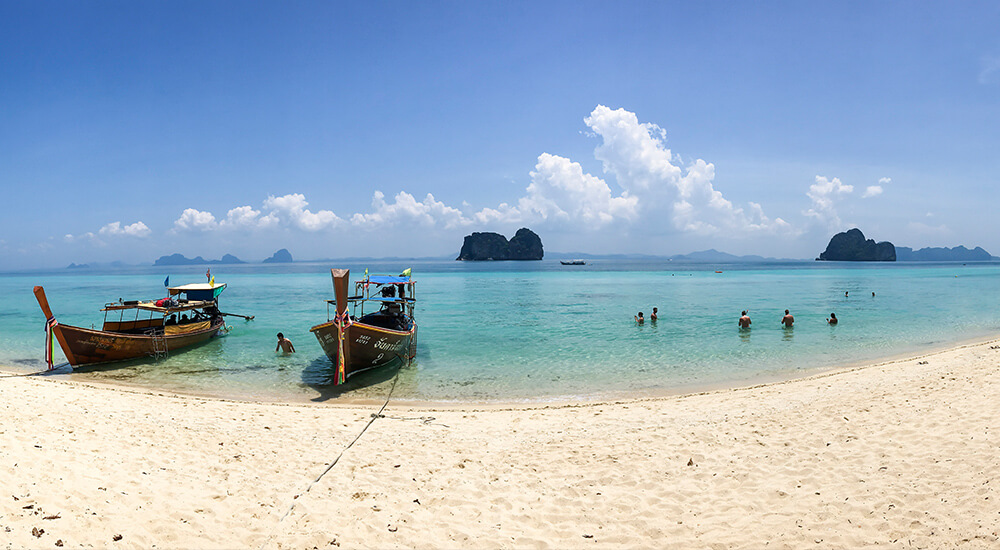
Condos and Apartments: A Range of Phuket Property Price Points
The starting point for Phuket condominiums remains surprisingly accessible, especially for foreigners.
-
Entry-Level Condos: You can find small studio or one-bedroom units for as low as THB 2 million in inland or less touristy areas like Kathu or parts of Chalong.
-
Mid-Range Condos: Expect to pay THB 4–8 million for a modern 1–2 bedroom unit near the beach or in sought-after areas like Rawai, Kata, or Nai Harn.
-
Luxury Condominiums: High-end sea-view condos and branded residences in areas such as Kamala, Surin, Bang Tao, or Laguna can exceed THB 20 million, particularly for penthouses or resort-managed units.
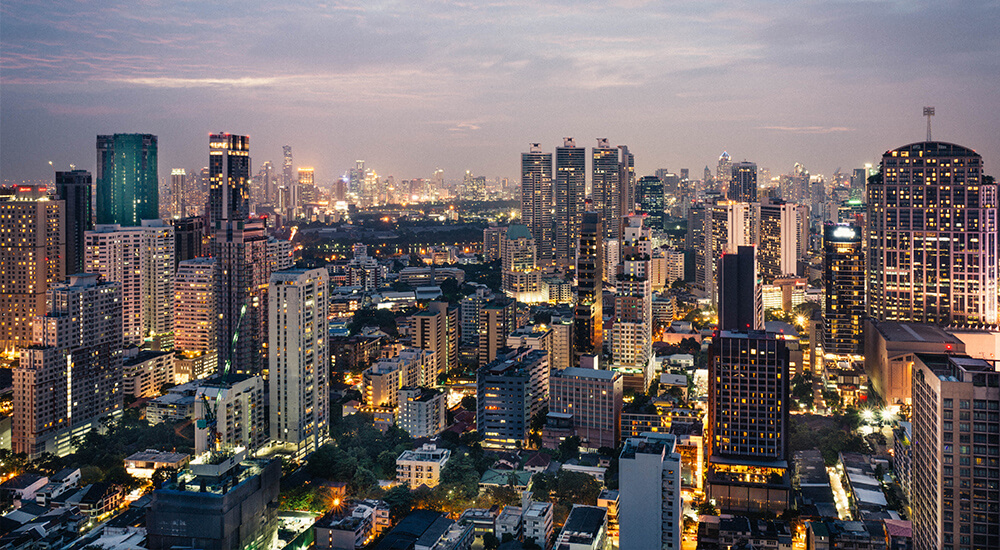
Villa Prices in Phuket: What You Should Expect
Phuket is especially well-known for its pool villas, which continue to appeal to both expats and investors looking for privacy and rental income.
-
Entry-Level Villas: Inland or non-touristy locations such as Thalang, Paklok, or parts of Chalong offer 2–3 bedroom villas starting from THB 6–10 million.
-
Mid-Range Villas: Three- or four-bedroom villas in areas like Nai Harn, Rawai, and Cherng Talay typically range from THB 12–25 million, depending on land plot size, design, and proximity to beaches.
-
Luxury Villas: Spectacular sea-view villas in prime locations like Surin, Kamala, and Layan start at THB 35 million and can exceed THB 100 million for ultra-luxury homes with top-tier amenities and expansive land plots.
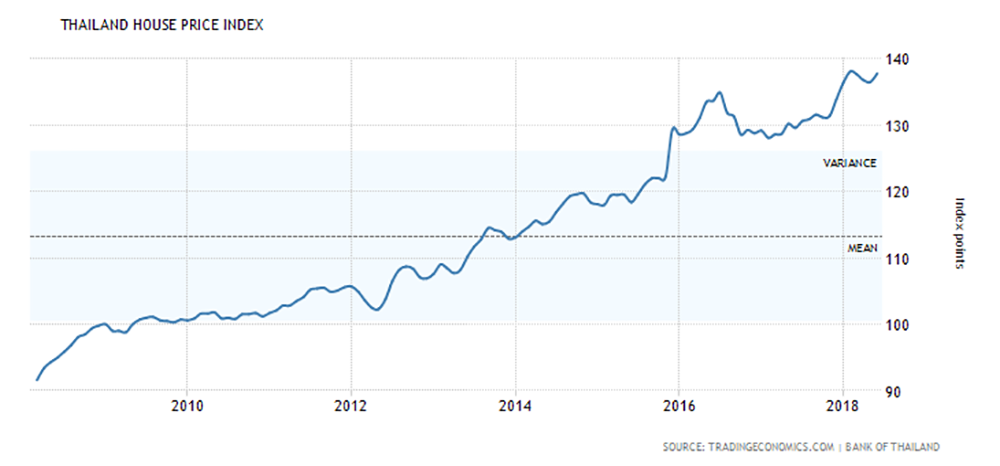
Land Prices in Phuket: A Key Driver of Property Costs
The value of Phuket land has risen consistently, especially in popular west coast areas. The price per square wah (4 sqm) varies greatly depending on location and proximity to infrastructure, beaches, and high-demand zones.
-
Inland Land: Prices can start around THB 10,000–25,000 per sq wah, especially in areas further from tourist zones.
-
Near-Beach Land: Near places like Bang Tao, Nai Harn, or Rawai, land can range from THB 40,000–150,000 per sq wah.
-
Prime Sea View Land: Exceptional plots with uninterrupted sea views in Surin, Kamala, and Layan can fetch THB 200,000–400,000 per sq wah—sometimes more.
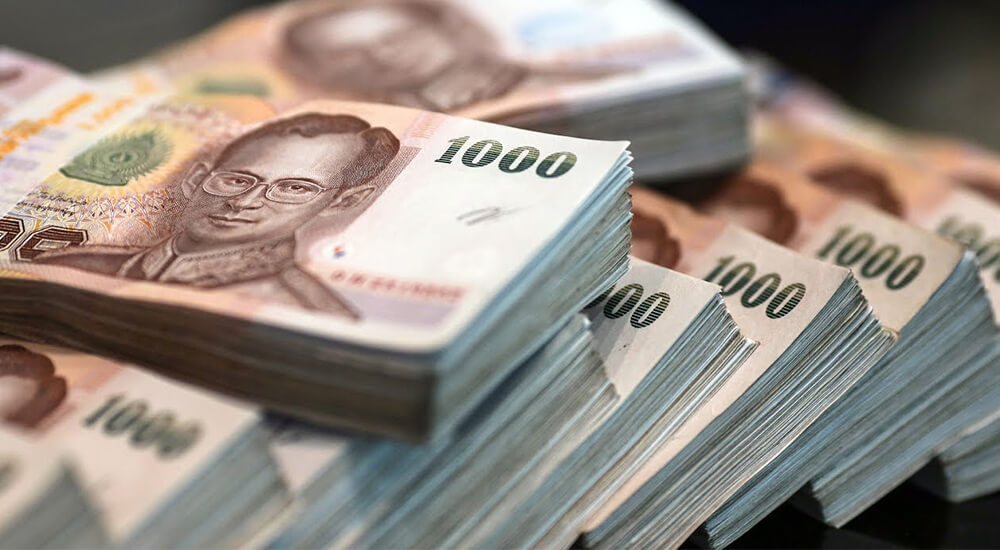
Investment Property Prices: Rental Yields and Long-Term Value
Rental demand remains strong in Phuket, especially in locations that are popular with tourists and digital nomads.
-
Mid-range condos in Rawai, Kata, and Laguna deliver annual yields between 5–7% when well-managed.
-
Villas with 3–4 bedrooms in Bang Tao, Cherng Talay, or Kamala can yield up to 8%, particularly when marketed as short-term holiday rentals.
Phuket’s mix of affordability and lifestyle continues to attract a growing number of buyers seeking investment property or long-term rental income.
See: Investment Property for Sale
Why Property Prices Vary So Much Across Phuket
There are several reasons why real estate prices in Phuket differ significantly:
-
Location – Proximity to beaches, restaurants, schools, and golf courses impacts pricing.
-
Land Title – Secure titles like Chanote are more valuable.
-
Project Reputation – Developers with a strong track record command higher premiums.
-
View and Orientation – Sea views and western-facing sunsets increase desirability and value.
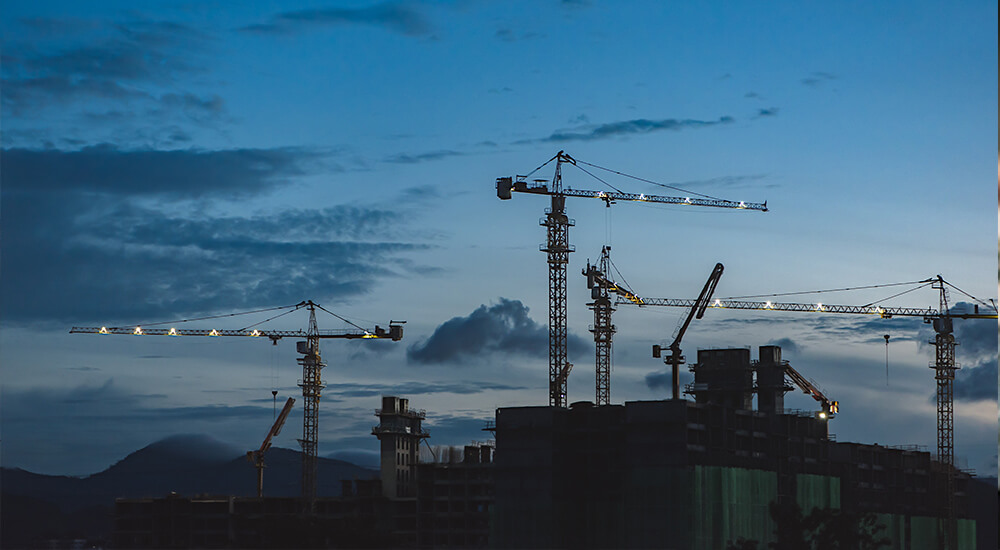
Buyers Tip: Don’t Just Compare Prices—Compare Value
Price alone can be misleading. A THB 7M villa in Chalong and a THB 7M villa in Bang Tao may offer very different lifestyles and returns. Always look at:
-
Title Deeds & Legal Structure
-
Land Plot Size & Orientation
-
Proximity to Development Hotspots
-
Rental Potential & Resale Demand
If you’re unsure how to evaluate a property, work with a trusted real estate advisor who knows the local market dynamics.
Learn more: The Phuket Property Guide
Conclusion: There’s Something for Every Buyer in Phuket
Whether you’re a first-time buyer seeking a budget condo or a seasoned investor looking at luxury villa developments, Phuket’s property prices offer a wide range of choices. What matters most is aligning your budget with your goals, whether lifestyle, investment, or retirement.
At Thai Residential, we help clients make informed property decisions by understanding not only price, but value.
Explore More:
Contact Our Team | Call Now On: +66 9484 11918
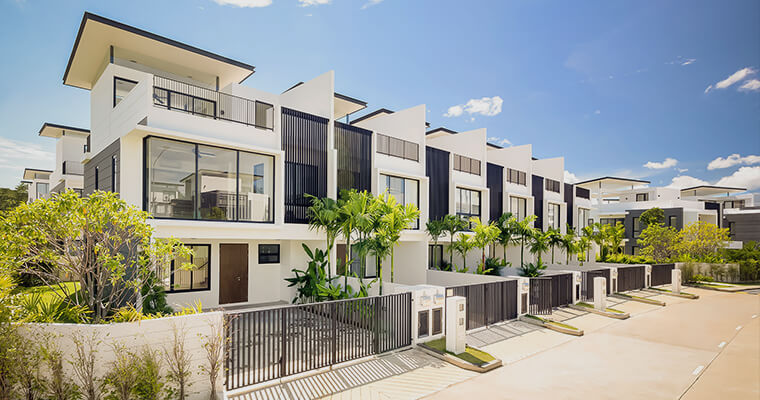




Social Contact